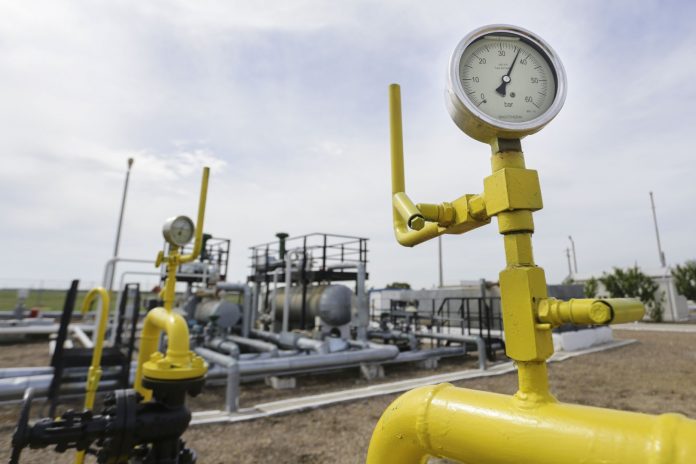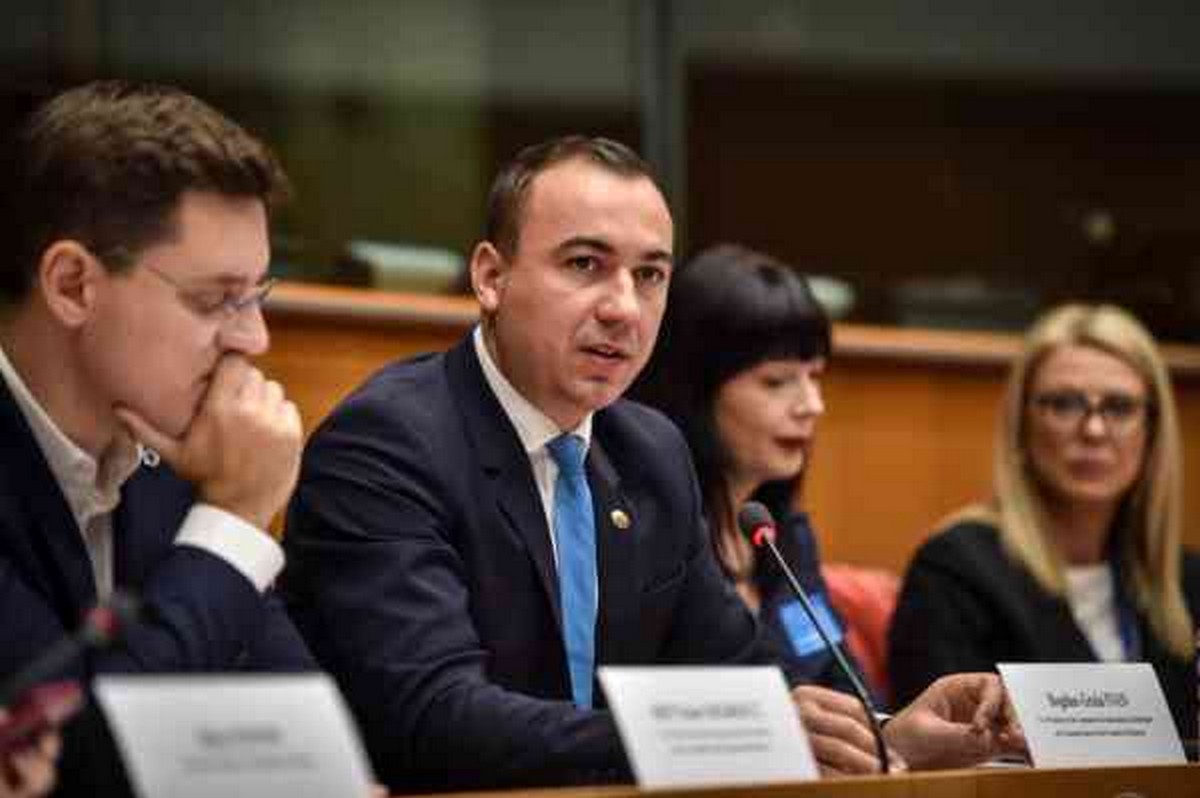The Southern Gas Corridor has significantly changed the gas market in Europe and contributed to reducing dependence on Russian gas, but the process is not over, and an expansion of the corridor is needed, especially to the Balkans and South-Eastern Europe, Romania’s Energy Minister Sebastian Burduja wrote in a social media post on Friday.
„Today I represented Romania in Baku, at the 11th Southern Gas Corridor Advisory Council Ministerial Meeting, where I reiterated my firm opinion that energy must be safe, accessible and clean – in this order of priorities. An order that is not dictated by ideology, but by reality and common sense. In the absence of the Southern Gas Corridor, Europe would have been much more vulnerable in recent years, in an extremely complicated geopolitical context. In just a few years of operation, the Southern Corridor has significantly changed the gas market in Europe and contributed to reducing dependence on Russian gas. But the process is not over. There is a need to expand the Corridor, especially to the Balkans and South-Eastern Europe,” said Burduja.
He added that Romania is already a regional hub in terms of natural gas given that it has functional interconnections with neighbouring countries, it is involved in BRUA, the Iasi-Ungheni-Chisinau gas pipeline is fully operational, and the Trans-Balkan corridor has been reactivated.
„I also presented to my counterparts at the meeting the exceptional results we had in terms of commissioning new production facilities – almost 2000 MW introduced into the grid in the last two years and another 18,000 MW in the works. The Black Sea also plays an increasingly important strategic role. The Neptun Deep project, with production estimated to start in 2027 at the latest, will consolidate Romania as the largest natural gas producer in the European Union. The extracted gas will fully cover domestic consumption and will allow exports to neighbouring states. Romania will thus also be a provider of energy security in the region. Romania supports and develops joint projects with Azerbaijan. We are part of the Green Energy Corridor, through which a 1,195 km submarine cable (world record) will move up to 4 GW of green energy between the Caspian Sea and the Black Sea. We already have the legislation for offshore wind energy, and we are working on the development of the first wind farms in the Black Sea. The future does not lie in isolationism, but in solidarity, in joint efforts and in the courage to build together, for future generations.
Romania is determined to be part of the solution. For us, for our neighbours, for the whole of Europe,” wrote Burduja.
AGERPRES




